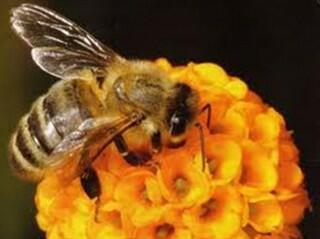
In the latest instalment of LSTM’s Seminar Series today, Lecturer Dr. Paul Hurd, of The School of Biological and Chemical Sciences at Queen Mary University of Londonpresented 'ChIPing away at the epigenome'. Dr Hurd explained the biological functions ofepigenetic mechanisms at the cellular, whole organism and population level, using both genomic and non-genomic approaches.
Epigenetics comes from the Greek language meaning ‘on top of genetics’ and dates back to 350BC. Today, it is the study of mitotically and/or meiotically heritable changes in gene function that cannot be explained by gene function. Human and animal physical changes and behaviour are controlled by more than one gene and these individual genes can be turned on and off by environmental factors.
Dr Hurd is using next-generation sequencing techniques to study the epigenomes and transcriptomes of genetically identical, but phenotypically different, organisms. With a particular focus on non-shared environment effects in human monozygotic twins, such as disease discordance (particularly allergy) and phenotypic, developmental and behavioural differences between genetically identical female honeybees as a result of diet (queen bee vs. worker bee).
You are what you eat, is one way of thinking of epigenetics. A current research study is examining honey bees, who are of international importance, due to pollination being responsible for 25% of world food production. Looking at whether a bee becomes a queen or a worker, depends upon the diet of the bees, with nutrition determining developmental outcome. Swapping the diets of the Queen and the Worker bees results in an exchange of characteristics. Dr Hurd and his collaborators are also investigating non-shared behaviour, why some bees will attack when you approach their hive while at another hive the bees are more approachable.
Dr Hurd’s work is in collaboration with University of Cambridge, University of Sheffield, Australian National Universityand the BC Genome Sciences Center in Vancouver, Canada. With funding from The Royal Society, the BBSRC,Cancer Research UK, Genome British Columbia, BC Cancer Foundation and the Western Economic DiversificationCanada.